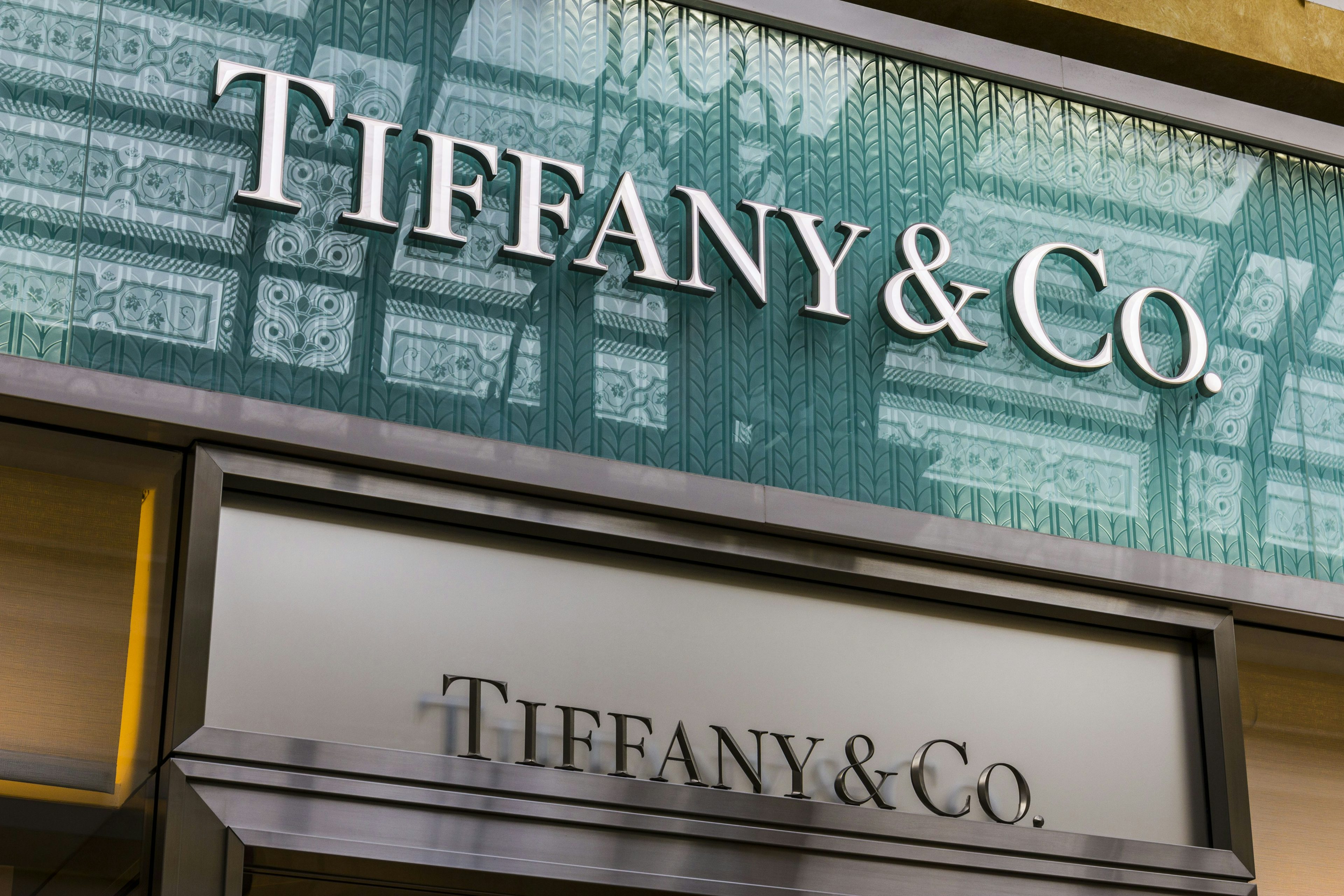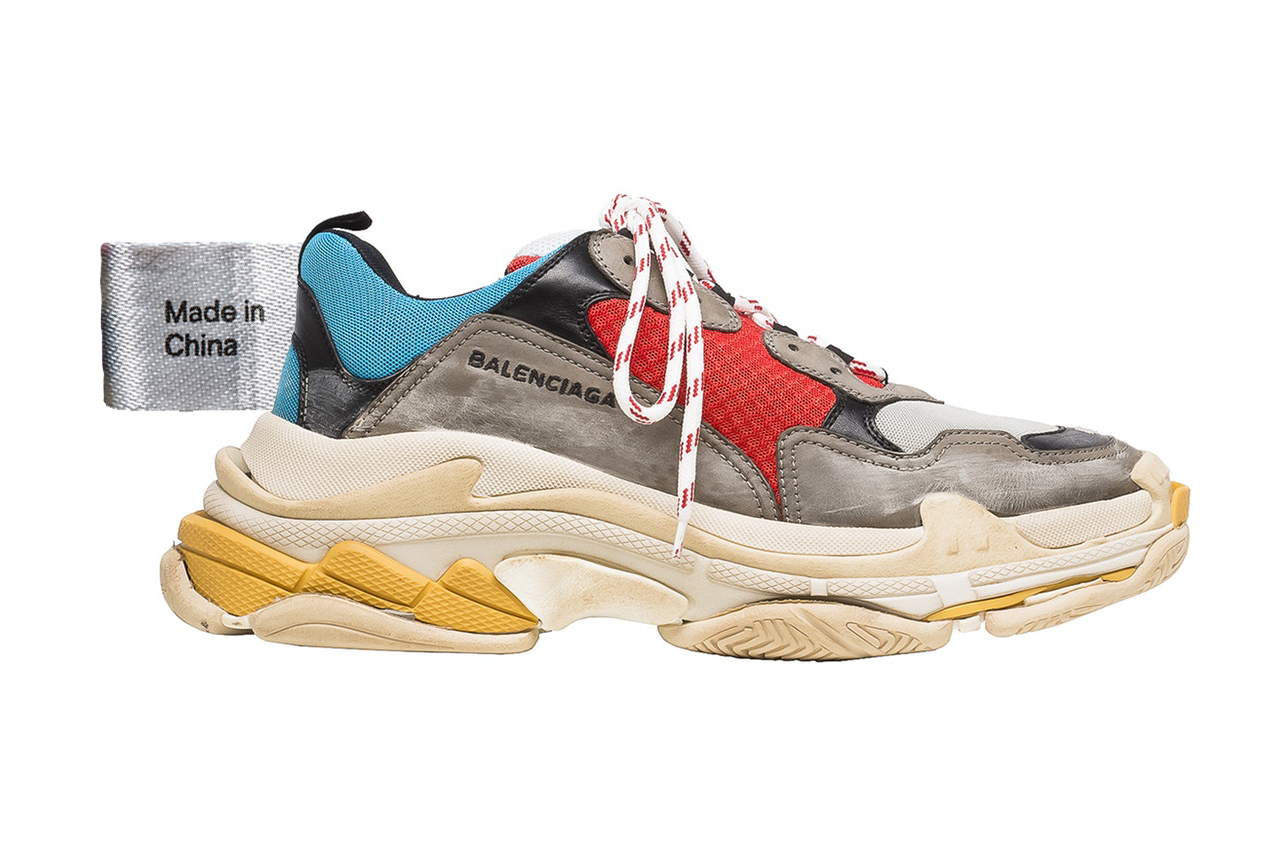The trade war initiated by the Trump Administration escalated Wednesday April 4 with China adding tariffs on an additional 106 products worth up to 50 billion annually. The new tariffs mostly target basic agricultural products, including pork, soybeans, cotton, and wheat, but also include plastics, whiskey, tobacco, and vehicles.
These new tariffs build on an initial list of 128 products announced on April 2 that targets nuts, pork, steel pipes, and sparkling wine.
The tariffs may make it difficult for Republicans to remain in control of Congress after midterm elections this fall, as many of the products are primarily produced in states where Republicans hold House seats.
The retaliatory moves came after the Trump administration imposed a 25 percent tariff on about 1,300 products from China, including flat-screen televisions, medical devices, aircraft parts, and batteries, on Tuesday.
The American wine industry was hit directly by China's retaliation, which faces a 15 percent tariff on top of the existing tariffs and taxes going forward. The news was devastating to American winemakers, who have tried hard to market themselves to wealthy Chinese consumers as the country's appetite for high-end wine has boomed in recent years. According to a report by the New York Times, Chinese imports of American wine have increased dramatically over the past ten years, with the market reaching 82 million in 2017.
While the Chinese tariffs do not directly target the apparel, accessories, cosmetics, and footwear industries, those industries are alarmed. Already upset by the emerging trade war, on March 20 the American Apparel and Footwear Association (AAFA), whose members include Tapestry Inc., Ralph Lauren Corp., and VF Corp., issued a letter opposing Trump's trade policy. Prior to that, major U.S. retail companies like Macy's Inc., Target Corp., and Best Buy Co., Inc. had also expressed their disapproval.
While their apprehension may seem premature, American corporations are justified in their concerns. No matter which industries the tariffs are aimed at, a trade war will likely impact Chinese consumer sentiment towards U.S. brands, at least in the short term. The risk is even higher as Chinese brands attempt to wrest market share away from international brands, what state media outlet Xinhua dubbed the "Made in China" era.
In a commentary published by Xinhua on March 23, the state media outlet wrote that, "China will not cave in to the trade war as we now have plenty of 'Made in China' brands that are able to produce high-quality goods to meet the domestic demand. Instead, the trade war brings a golden opportunity to these brands."
According to a report by the Chinese domestic financial institution Industrial Securities, the trade war will have a positive effect on the domestic beauty industry as the tensions will push Chinese consumers to substitute beauty products by American brands such as Estée Lauder and Pamp;G with locally-made counterparts.
Indeed, Chinese consumers, especially millennials, now care much less about a brand's origins and are open to trying different, high-quality products. With growing nationalistic sentiment fueled by the government's propaganda machine in recent years, the shift to local goods is poised to accelerate.
"China has risen and is now a peer competitor of the United States. It is the world’s largest trading nation, has the largest economy by some measures, and is home to the largest concentration of middle-class consumers on earth," said Robert Daly, Director of the Kissinger Institute on China and the U.S. at The Wilson Center in Washington, D.C., "A trade war will hurt China, but can’t cripple it. It has alternate markets and suppliers. It also has a population that is probably more willing to suffer to achieve its ends than is America’s."
Meanwhile, another unpleasant scenario that the American retail sector might face is the possibility of a travel ban imposed by the Chinese government if the relations continue to intensify. In the past, China has resorted to using Chinese nationals' tourist spending as a soft weapon to combat rival nations such as Japan and South Korea.
Last year's South Korea travel ban had an extremely negative impact not only on the tourism market but the retail sector as well, with many luxury brands and services in South Korea losing their main source of revenue. Businesses in the United States may experience similar hardships, as affluent Chinese travelers have become increasingly important to their sales performance in recent years, especially in the luxury market.
Daly projects that the U.S.-China trade war is projected will be long and hard. This is only the beginning, and the future is not looking bright for American retailers.
What will be the consequences if the conflict extends to your sector? Let us know in the comments below.



